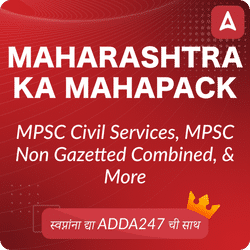Table of Contents
Noun and Types of Noun
A noun is a word that names a person, place, thing, or idea. It’s the basic building block of a sentence and plays a crucial role in conveying meaning. Here are some key points about nouns:
Function:
- Nouns act as the subject, object, or complement in a sentence.
- They provide essential information about who or what the sentence is about.
Types:
| Type of Noun | Definition | Examples |
| Common | Refers to a general category of things | Book, Dog, City, Country |
| Proper | Refers to a specific person, place, or thing | Gagan, India, Eiffel Tower, Ganga |
| Concrete | Can be perceived by the senses(touch, hearing, sight, smell, and taste) | Chair, apple, bird, music |
| Abstract | Cannot be perceived by the senses | love, happiness, freedom, justice |
| Countable | Can be counted in number | book, chair, apple, dog |
| Uncountable | Cannot be counted in number | water, air, knowledge, love |
| Collective | Refers to a group of people or things as a whole | team, family, crowd, committee |
| Possessive | Shows ownership or possession | Riya’s house, the dog’s leash, Sameer’s book |
| Gerund | Verb acting as a noun | Singing is my favorite hobby. Eating too much can be unhealthy. |
| Attributive | Modifies another noun | The red car is parked outside. The glass window shattered. |
Adjectives
Types of Adjectives
- Descriptive Adjectives-
- These adjectives describe the qualities or characteristics of a noun. Examples: big, small, old, new, happy, sad.
- Quantitative Adjectives-
- These adjectives describe the quantity of something. Examples: one, two, three, many, few, little, a lot, etc.
- Demonstrative Adjectives-
- These adjectives point to specific nouns. Examples: this, that, these, those
- Possessive Adjectives-
- These adjectives show ownership or possession. Examples: my, your, his, her, its, our, your, their
- Interrogative Adjectives-
- These adjectives are used to ask questions. Examples: what, which, whose
- Proper Adjectives-
- These adjectives are derived from proper nouns and are used to describe something related to that noun.
- Compound Adjectives-
- These adjectives are formed by joining two or more words together. Examples: bright-eyed, long-haired, well-known, etc.
- Attributive Adjectives-
- These adjectives come before the noun they modify. Examples: The red car is parked in the garage.
- Predicate Adjectives-
- These adjectives come after a linking verb ( is, am, are, was, were) and describe the subject of the sentence. Examples: The car is red.
- Cumulative Adjectives-
- These adjectives intensify the qualities of a noun. Examples: The book was absolutely amazing.
- Distributive Adjectives-
- These adjectives indicate that something is divided among several people or things. Examples: Each student received a book.
- Coordinate Adjectives-
- These adjectives are used together to modify a noun. Examples: The tall, green tree is in the garden.
Adverbs
Adverbs are words that add more information to verbs, adjectives, or other adverbs. They answer the questions how, when, where, why, or to what extent. Here are some examples of adverbs modifying different parts of speech:
- Verbs: The dog barked furiously. (how)
- Adjectives: The food was incredibly delicious. (to what extent)
- Other adverbs: She ran much faster than I did. (how much)
Adverbs can be formed in a few different ways:
- By adding “-ly” to an adjective: slow > slowly, happy > happily
- By using a single word: fast, soon, often, well
- By using a phrase: in a hurry, on time, with care
Different types of adverbs:
- Manner adverbs: These adverbs tell you how something is done. Examples: quickly, slowly, carefully, carelessly.
- Degree adverbs: These adverbs tell you to what extent something is true. Examples: very, quite, extremely, hardly.
- Frequency adverbs: These adverbs tell you how often something happens. Examples: always, usually, sometimes, never.
- Place adverbs: These adverbs tell you where something happens. Examples: here, there, everywhere, nowhere.
- Time adverbs: These adverbs tell you when something happens. Examples: now, then, soon, later, always.
महाराष्ट्रातील सर्व स्पर्धा परीक्षांसाठी ऑनलाईन क्लास, व्हिडिओ कोर्स, टेस्ट सिरीज, पुस्तके आणि इतर अभ्यास साहित्य खाली दिलेल्या लिंक वर क्लिक करून मिळावा.




